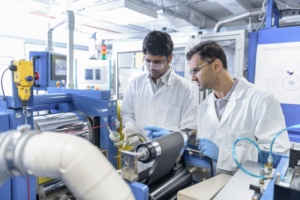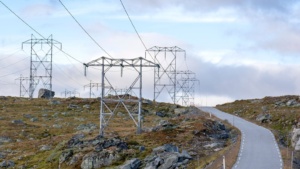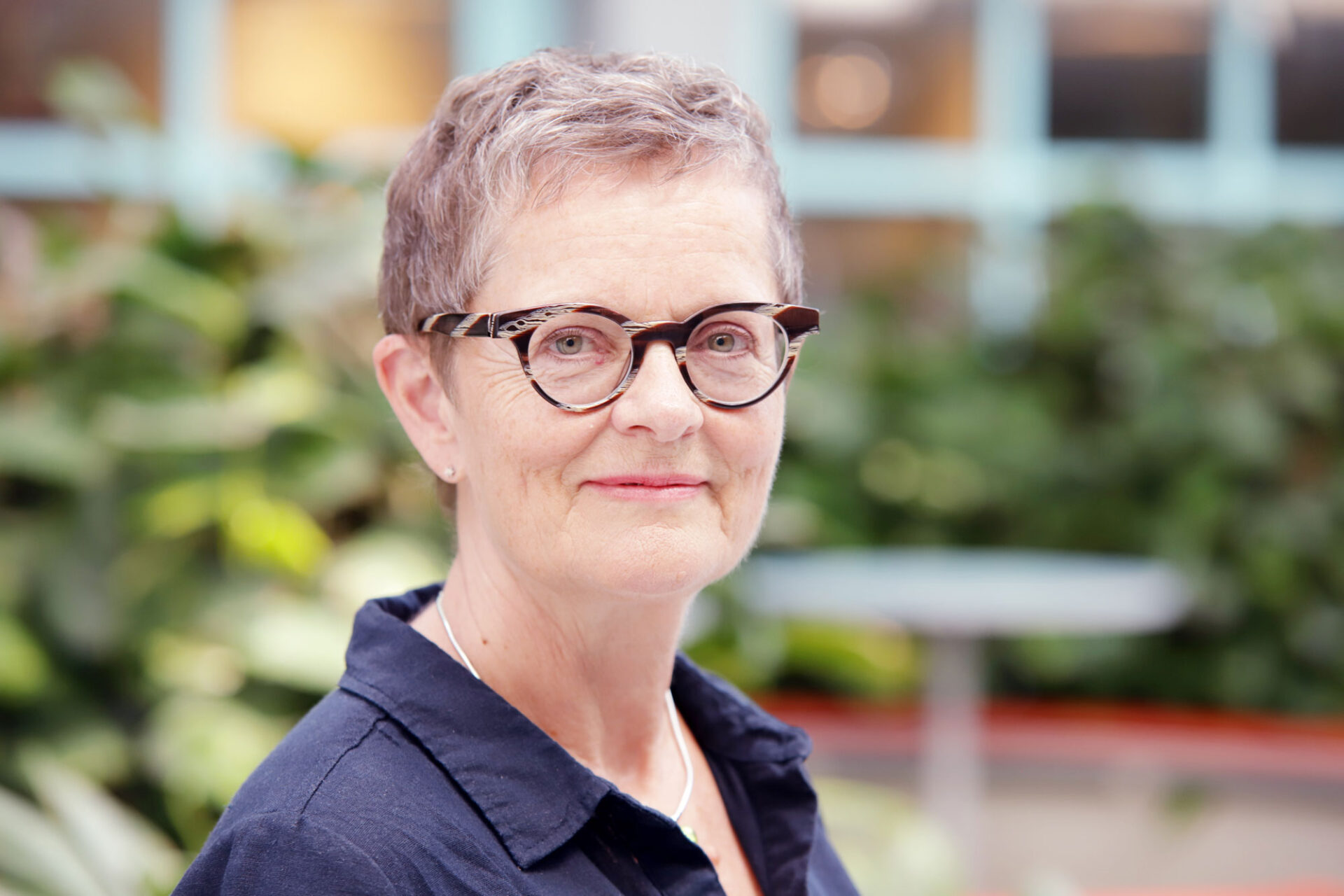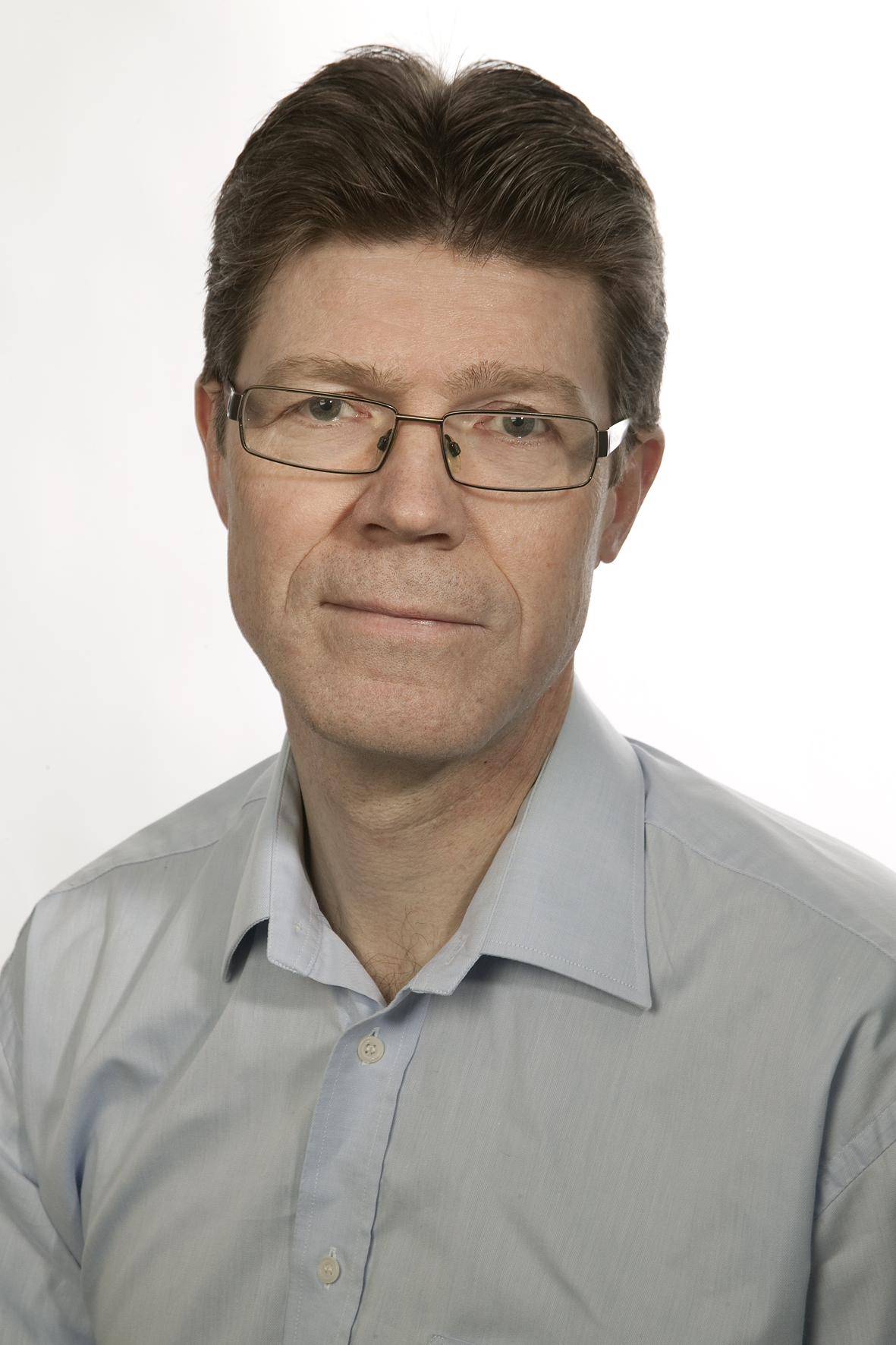This year, September stands out as a very special month for us as we kick off two exiting events on the European stage as part of the GreenShift initiative. The European energy system must be transformed to reach net-zero greenhouse gas emission by 2050 and this requires tremendous efforts from the European governments, business, and research sectors in pan-European collaborations. At the GreenShift events we gather representatives from governments, business and research sectors and civil society from Germany, Netherlands, Belgium, Denmark, and Norway to foster dialogue and increased cooperation. Monday 11 September, we set the focus point on offshore wind in Amsterdam. 21 September the spotlight is set on the development of European connected infrastructures for capture, use, transport and storage of CO2 and hydrogen enabled by CCS.

Securing the European green transition through research, business, and government collaboration
Getting all greenhouse gas emissions to net zero by 2050 makes it necessary for us to do a lot of investments in the energy system which will bring about large changes. However, beyond that we need to invest in technologies that are still immature or in its infancy stage being not yet commercially competitive.[1] Furthermore, strong policies are needed to steer the transition and achieve the pace needed to keep investments on track towards 2050. Investments for 2030 and 2050 are in general lagging behind and collaborative actions are needed to accelerate these solutions.
The business sector plays a pivotal role in developing and delivering innovative technologies and energy system solutions, both hardware and software. The European governments must provide the policy framework needed to fuel and accelerate the transition ensuring that no-one is left behind and a just sharing of costs and opportunities. Furthermore, governments can establish research-based structures to foster innovations, accelerated deployment and risk mitigation.
is that research projects can boost innovation and reduce the inherent risk of developing and implementing new solutions, both at the early stages, but also after full scale deployments have been made. In research projects funded by the Horizon Europe program and its predecessors, researchers work alongside businesses in pan-European consortia resulting in innovations, matured technologies and solutions, strengthened networks and new knowledge to build policy framework upon. This is a kinder egg that can end up being one of the most important things we do to reduce the risk associated with the needed speed of the transition.
In Norway, research centres of excellence within environment-friendly energy, are an important part of building technology competence within the research community and in industry. Furthermore, lasting for 8 years at the time, the centres gather industry and creates a unique platform for sharing pre-competitive knowledge, building trust among the actors and establishing winning consortia at the European stage.
Knowledge sharing events focusing on pan-European solutions for the transition
The GreenShift events are designed to foster dialogue between stakeholders from business, government, and research. Focusing on multi-lateral dialogue and collaboration between stakeholders from Germany, the Netherlands, Belgium, Denmark and Norway, it is natural to centre the events around the potential for transition that lies in the North Sea Basin. Each event is tailored to address pan-European ambitions, as well as challenges and potential solutions. Knowledge sharing is at the heart of the agenda as we see this as an important part of the dialogue among the stakeholders.
The GreenShift event on offshore wind will focus on the key role of collaboration to reach the current ambitions among the North Sea Countries as stated in the Oostende-declaration. Reaching the target of a installing in total 300 GW by 2050, about one third of Europe’s electricity demand can be covered by electricity produced from wind offshore. The aim of the even is threefold; 1) strengthen the collaboration on offshore wind between Belgium, Denmark, Germany, the Netherlands and Norway, 2) pinpoint key challenges and opportunities to reach the offshore wind targets and 3) begin the groundwork to establish a European Centre of Excellence (ECoE) on research and innovation.
The ECoE development is inspired by the benefits of establishing the research centres of excellence within environment-friendly energy in Norway. The centre is currently being developed by EERA and the objective of an ECoE is to foster more efficient international collaboration on research and innovation, and thus saving costs and accelerating the development to meet European transition targets.
The GreenShift CCUS Summit in Düsseldorf aims at identifying key actions needed to develop value chains for CCUS in the North Rhine-Wesphalia region of Germany, and surrounding countries and to lay the foundation for industry investments and the establishment of a CCUS ECoE. The need for strong political messaging and political perspectives will be addressed. Furthermore, the status and follow-up after the call for evidence and public consultation on industrial carbon management under the European Green Deal will be explored.
[1] https://www.iea.org/energy-system/decarbonisation-enablers/innovation











Comments
No comments yet. Be the first to comment!